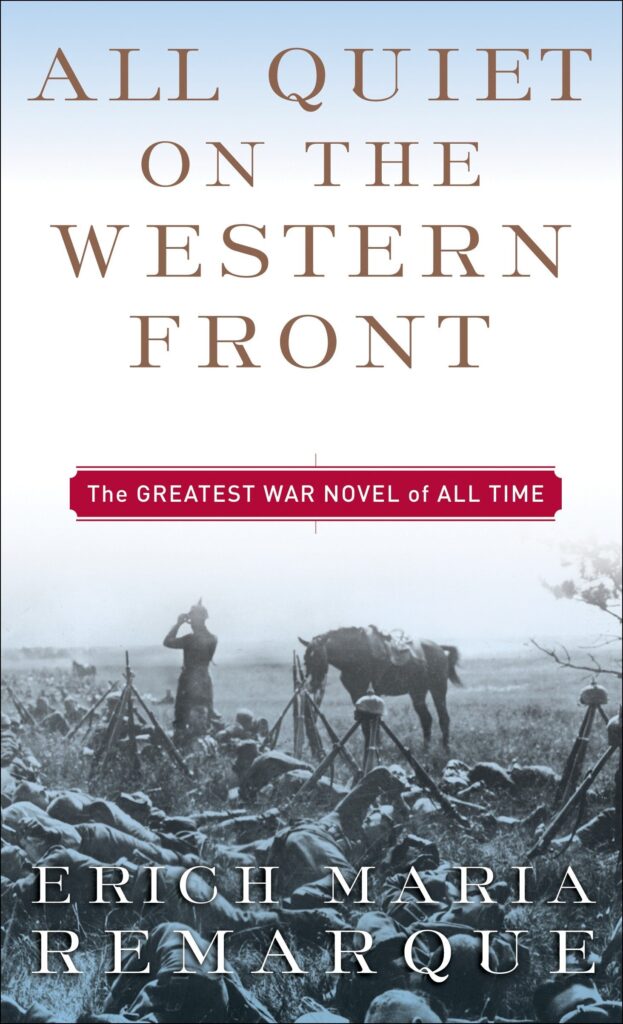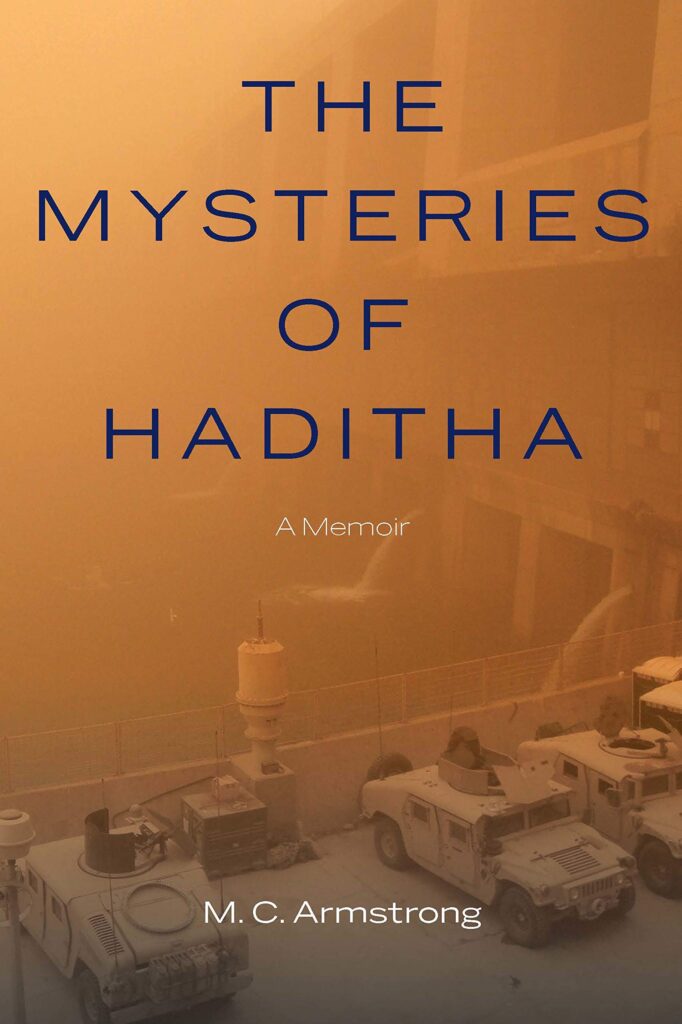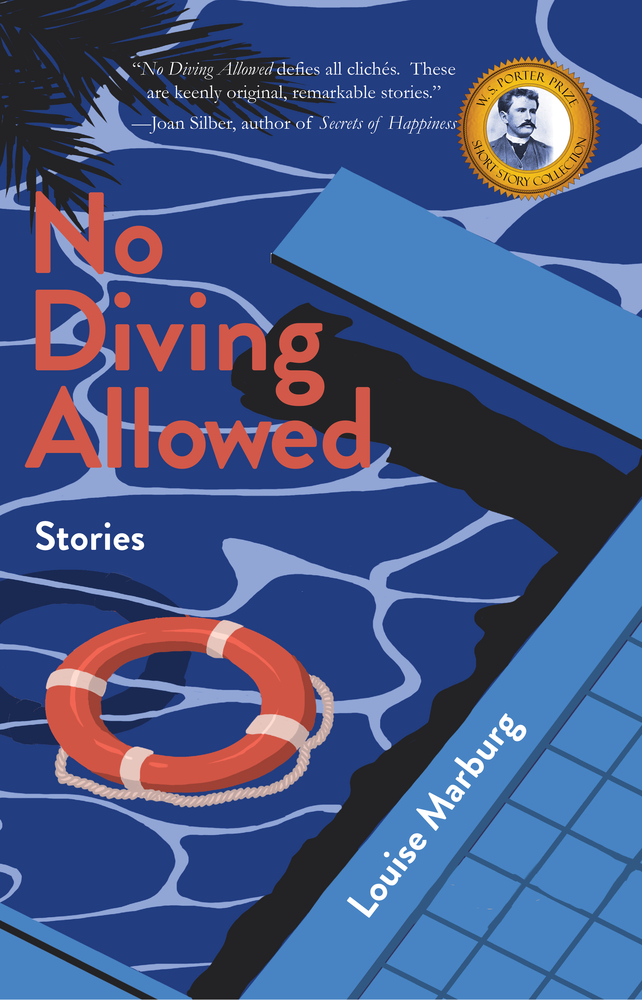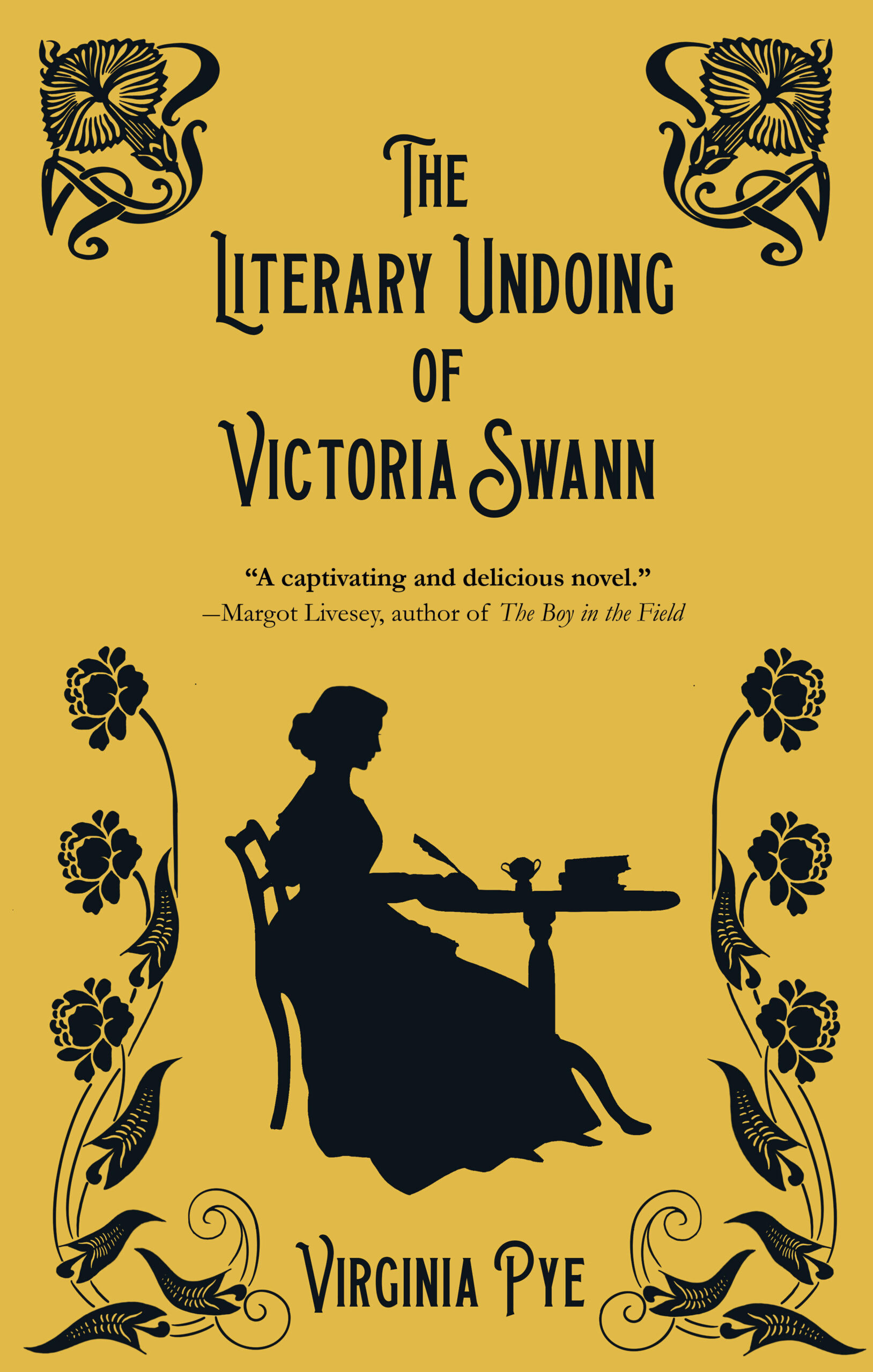All Quiet on the Western Front by Erich Maria Remarque is the classic story of the First World War told from the point of view of Paul, a young German soldier. It’s hard to believe that I’ve never read this before, as it seems to me when I was in high school it was probably required reading in many places. The horror of the book comes in waves. At some points, the German soldiers are bored, then they’re frightened. Paul is given leave and goes home, which is a tough adjustment for him, and then is at training where he encounters Russian prisoners of war who are also suffering. When he returns to his unit at the front, he finally comes face to face with the enemy and kills a man in the trenches, a scene that is gruesome and brings the folly of war home for him—and the reader.
Lemon by Kwon Yeo-sun is an odd little book I reviewed for the New York Journal of Books. Translated from Korean, the story is basically a murder mystery at first, but it becomes more than that. A beautiful high school student is murdered after being seen with a popular boy, and there are a couple of suspects, but insufficient evidence to charge anyone with the crime, so it remains unsolved. The boy she was with is one suspect, but he’s from a wealthy family and so not seriously investigated. The other suspect is a poor boy who is questioned intensely by a detective who doesn’t believe the boy’s story or the alibi his sister provides. The book is a bit confusing because of point-of-view choices. The first chapter appears to be told from the point of view of the murdered girl’s younger sister, but the next chapter is told from the point of view of a friend of the girl, four years later. We also get the point of view of another friend who, it turns out, was with the poor boy on the night of the murder. All of these people are affected by the murder, even many years later.
Robert E. Lee and Me: A Southerner’s Reckoning with the Myth of the Lost Cause by Ty Seidule was my book club’s selection for October. I think it could have used a more critical edit because there is some repetition that could have been eliminated, but otherwise it’s a compelling book. The author grew up in Alexandria VA and rural Georgia before attending Washington & Lee University. As a white boy in predominantly white schools, he was oblivious to racial issues and only learned about lynching, for example, and other discriminatory practices, much later. He begins finally to learn that the Myth of the Lost Cause, perpetuated in many ways, including school textbooks and Gone With The Wind, was a lie, as was the so-called fine character of Robert E. Lee, whom he worshiped. As an Army officer and teacher at West Point, he realized that Lee’s treason was impossible to ignore.
The Premonition by Michael Lewis is a disturbing narrative by a popular nonfiction writer. During the George W. Bush administration, the country began to develop a pandemic response plan that included both vaccine development and social measures like masking, social distancing, and school closures. Meanwhile, various other researchers and public health officials were also attempting to understand how we should deal with a pandemic or, really, any outbreak of a communicable disease. Some of the momentum was lost during the Obama administration, but the book really jumps ahead to the disastrous response of the Trump administration to the COVID-19 pandemic and the dangerous politicization of the CDC. If we’d followed the previous plan, we’d all be a lot better off now.
Mysteries of Haditha by M.C. Armstrong is a short memoir in which a writer has the opportunity to be embedded with Navy Seals in Iraq. The plan causes anguish in his family, of course, and is difficult to arrange, but he goes and spends a week in Haditha. (The fact that it was only a week surprised me; it’s hard to see that much could really be learned in such a short period of time.) He discovers how much he doesn’t know, but he attempts to remedy that when he returns. Interestingly, the opportunity comes up because his high school buddy, who went to the Naval Academy, is a Navy Seal who is stationed in Haditha.
Matrix by Lauren Groff is a puzzle. On Goodreads, I rated it 4 stars, not because I loved the book but because it’s impressive as hell as a work of art. Groff has immersed herself in 12th Century Angevin—the Anglo-French empire of the Middle Ages, and eventually, I gave up looking up the words I didn’t know for the animals, things, rituals, etc. that would have been commonplace at the time. And I read to the end of the book (not unusual—I always read to the end) in order to find out what becomes of Marie de France, the Abbess of a great monastery in England, even though, as a man, I felt unwelcome there. In Marie’s world, men are rapists (that’s how she was conceived), invaders, and meddling priests, and so she walls them out with her matrix. Nor does she need men for physical gratification, which she finds in her sisters and daughters, the other nuns. Is this Groff’s message? I’ve always enjoyed her work and was wowed by Fates and Furies, but this one I find unsettling and off-putting.
No Diving Allowed by Louise Marburg is a collection of stories by a friend from years ago at the Sewanee Writers’ Conference and more recently at the Virginia Center for the Creative Arts, and the book was published by Regal House Publishing, publisher of my recent novel, Oliver’s Travels. The stories are linked, but only in the sense that each has a swimming pool in it and the pool is usually somewhat central to the plot. There are lots of strained marriages and other family relationships, so that’s a linkage as well—husbands and wives fighting, sisters at each other’s throats, etc. And the stories also share a structure, in a way, in that the resolution of the story—the issue of what happens to the main characters after the climactic moment of the story—is truncated. I’ve always liked stories that have open endings, where some of the central questions remain unanswered, but here the endings are wide open, with the denouement only hinted at. That’s not a criticism, but just an observation of another way to end a story.








